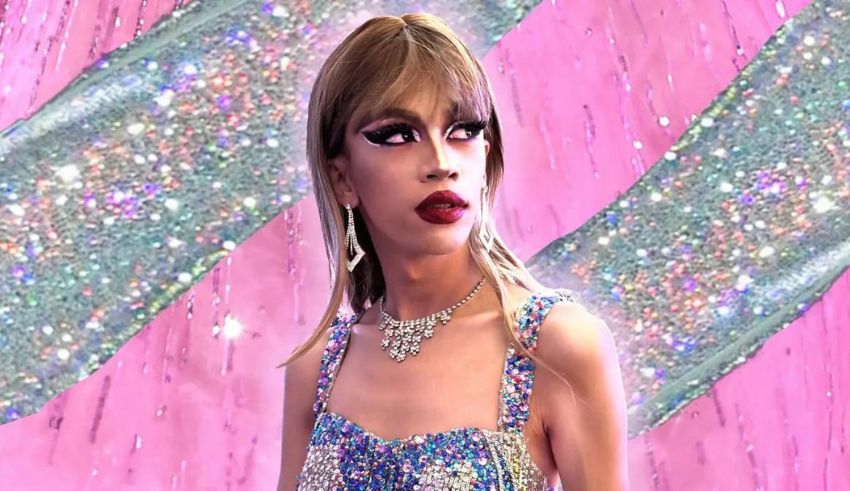
The landscape of live music has been forever altered by the emergence of tribute acts, which have evolved from simple cover bands into sophisticated performances that honor and reinterpret the works of iconic artists. This evolution has been particularly evident in acts like Taylor Sheesh and The Smyths, who have garnered acclaim for their ability to not only replicate but also reinvigorate the music of the artists they pay homage to.
At the core of every tribute act is the artistry of imitation. It is a meticulous craft that involves studying the nuances of the original artist’s performance, from vocal stylings to stage presence. Yet, it is not mere mimicry; these acts bring a level of innovation to their performances, offering new interpretations that resonate with both die-hard fans and newcomers alike.
The Appeal of Accessibility
One of the most compelling aspects of tribute acts is their accessibility. They bridge the gap between fans and the often-unattainable concerts of mega-stars, providing a live music experience that is both affordable and communal. In an age where live performances by big-name artists can be prohibitively expensive or geographically limited, tribute acts like Taylor Sheesh and The Smyths offer a welcome alternative.
Keep Reading
Tribute acts walk a fine line between authenticity and originality. While they strive to faithfully recreate the music and atmosphere of the original artist’s performances, they also infuse their shows with personal touches that reflect their own artistic identities. This blend of authenticity and originality is what sets successful tribute acts apart and what transforms imitation into a form of innovation.
The Cultural Impact
The rise of tribute acts also reflects a cultural phenomenon. They serve as a testament to the enduring impact of the artists they emulate, highlighting the timeless nature of their music. Furthermore, tribute acts contribute to the preservation and continuation of musical legacies, introducing classic songs to new generations and keeping the spirit of the original artists alive.
The burgeoning popularity of tribute acts challenges the traditional notion of creativity. It suggests that imitation, when executed with skill and imagination, can be a form of artistic expression in its own right. Acts like Taylor Sheesh and The Smyths are not just entertainers; they are artists who remind us that innovation can be found in the most unexpected of places—even in the familiar refrains of a tribute performance.






















